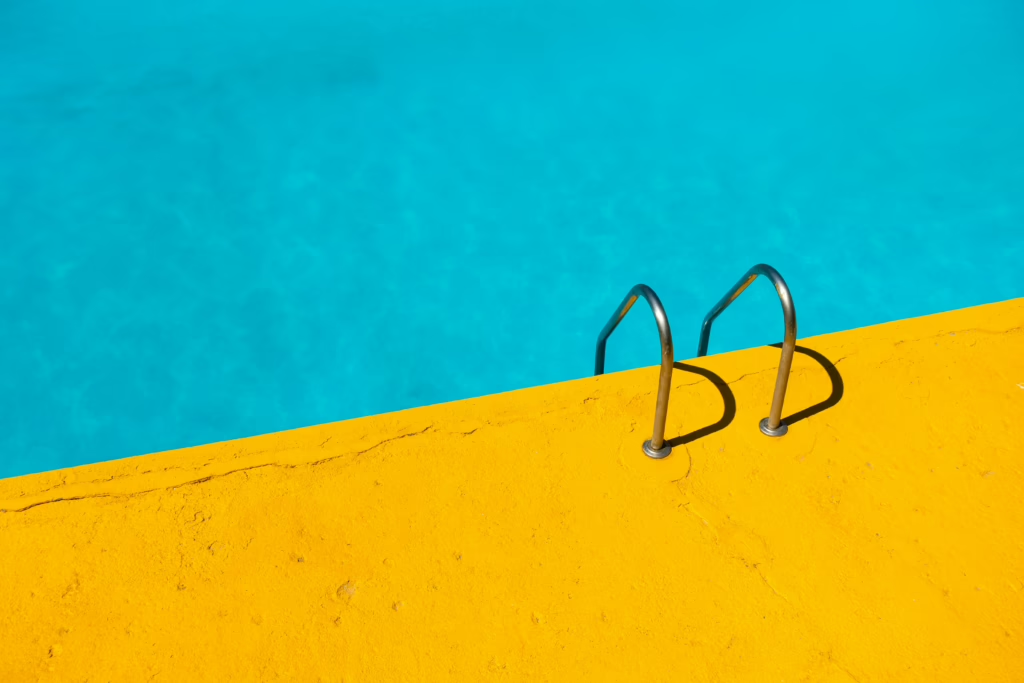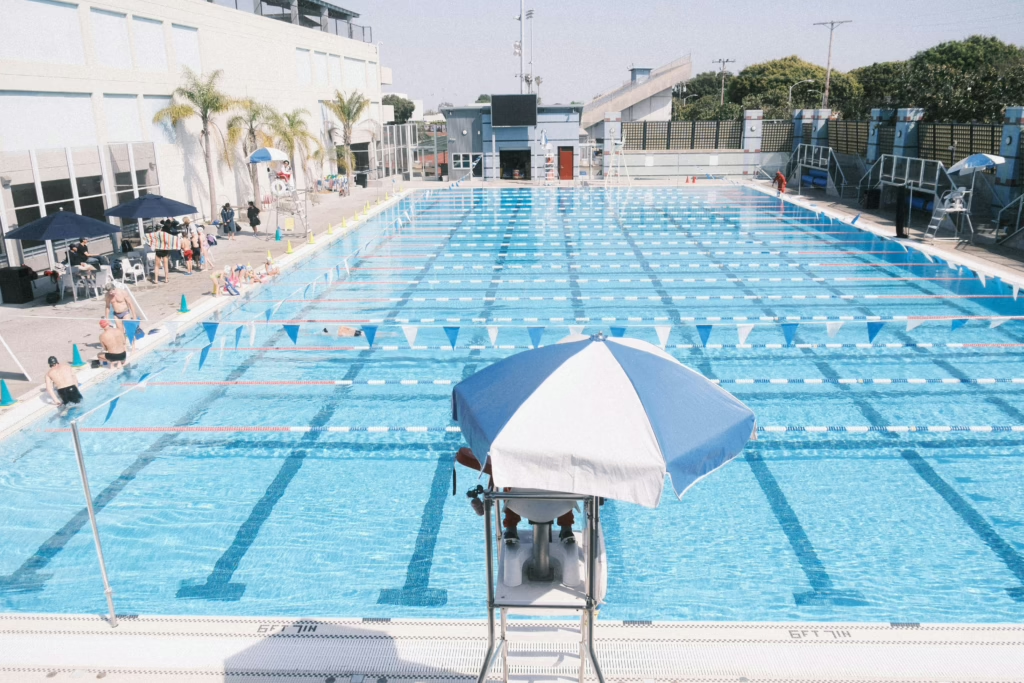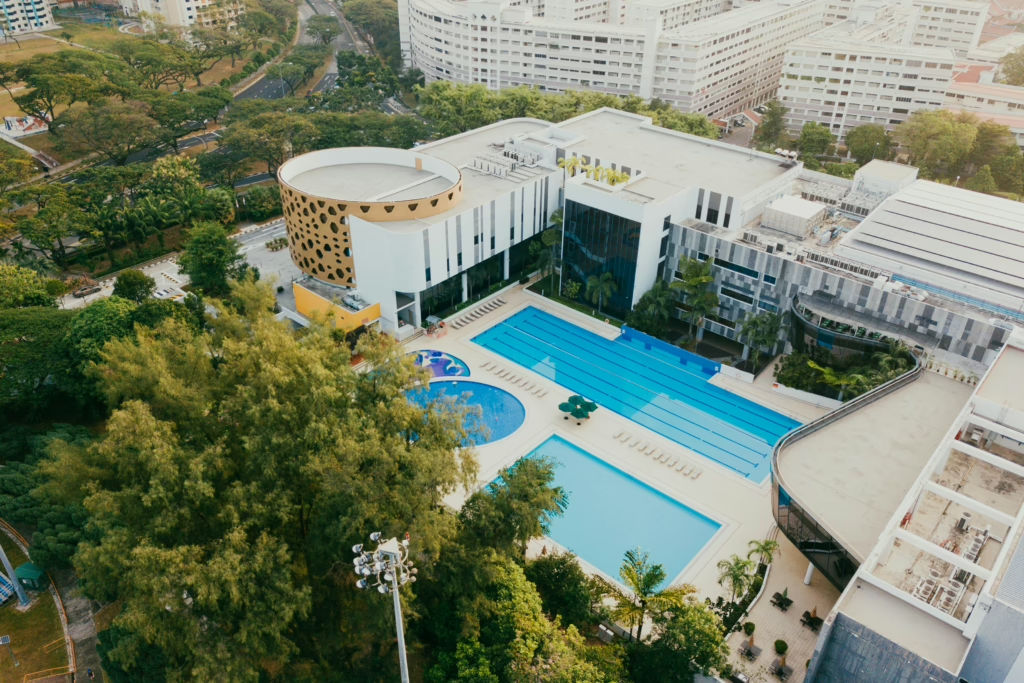A high-quality pool filter is essential for maintaining clean and safe water, but understanding the costs associated with installation is just as important. Whether replacing an outdated filter or installing one for a new pool, budgeting for the project ensures you make an informed decision.
Pool filter installation costs vary widely based on pool size, filter type, and additional plumbing requirements. This article provides a detailed breakdown of installation costs, what influences pricing, and how you can save money while ensuring a reliable system.
Factors Affecting Installation Costs
Understanding the various factors that influence the cost of pool filter installation is crucial for planning your budget. Each element, from the size and type of your pool to the complexity of the installation process, contributes to the overall expense. Here’s a detailed look at the key considerations:
Pool Size and Type
The size of your pool is one of the most significant factors determining the filter installation cost. Larger pools require filters with higher flow rates, which are often more expensive due to their capacity to handle more water.
For example, a residential pool holding 20,000 gallons of water may need a filter rated for a higher gallons-per-minute (GPM) flow than a smaller 10,000-gallon pool. The larger the pool, the more powerful and costly the filter needs to be.
The type of pool—whether in-ground or above-ground—also impacts the cost. In-ground pools typically involve more complex plumbing and installation processes, which can increase labor costs. On the other hand, above-ground pools are generally less complex to work with, resulting in lower installation expenses. However, the durability and longevity of filters for in-ground pools often justify their higher price.
Type of Filter
The type of filter you choose is another major factor affecting installation costs, as each comes with different price points and maintenance requirements.
- Sand Filters are the most cost-effective option, with lower upfront and maintenance costs. They are ideal for pools with moderate usage, but their ability to trap fine debris is limited compared to other filters.
- Cartridge Filters: Offering superior filtration and energy efficiency, cartridge filters fall in the mid-range of pricing. While they are more expensive than sand filters, they require less frequent cleaning and do not involve backwashing, saving on water use and maintenance over time.
- DE (Diatomaceous Earth) Filters: These are the most advanced and expensive filters known for capturing the finest particles and providing crystal-clear water. However, their installation and maintenance, including regular backwashing and the replacement of DE powder, add to the overall cost.
Choosing the right filter impacts the initial cost and also influences long-term expenses, such as water, energy, and maintenance requirements.
Labor and Plumbing Requirements
The labor and plumbing involved in installing a pool filter significantly affect the overall cost, especially if modifications or additional work are needed to accommodate the new equipment.
- Standard Installations: Labor costs are relatively straightforward for pools with existing plumbing and compatible setups. A professional technician can install the filter within a few hours, minimizing labor charges.
- Additional Plumbing Work: Pools that require upgrades to the plumbing system, such as replacing outdated pipes, valves, or fittings, will incur higher labor costs. This is especially true for older pools that may not have been designed to support modern filters.
- Installing a New Pump: If you pair your filter installation with a new pump, the job becomes more complex. Properly connecting the pump and ensuring compatibility with the filter requires additional time and expertise, further raising labor costs.
- Custom Installations: Unique pool setups, such as those with unconventional shapes, tight spaces, or intricate plumbing designs, demand more time and effort, increasing labor and material expenses.
Investing in professional installation ensures your system operates efficiently and avoids issues like leaks, poor water flow, or equipment damage, which can lead to even higher costs in the future.
Understanding these key factors—pool size and type, filter choice, and labor and plumbing requirements—can help you better anticipate the costs associated with pool filter installation. Assessing these elements ensures you select the right filter for your pool and achieve a seamless, efficient installation process.
Cost Breakdown for Different Filter Types
Understanding the average costs associated with each type of filter helps you choose the best option for your pool and budget.
Sand Filters
Sand filters are the most economical choice, with installation costs ranging from $800 to $1,200. These filters are easy to maintain and work well for most residential pools. However, they may not be as effective at capturing fine debris as other options, which can result in additional chemical treatments to maintain water clarity.
Cartridge Filters
Cartridge filters offer better filtration and are ideal for pools that see frequent use. Installation costs typically range from $1,200 to $2,000. They are energy-efficient and require less frequent cleaning, but the cartridges need replacement every few years, adding to long-term costs.
DE Filters
DE filters provide the highest level of filtration, making them a popular choice for homeowners who prioritize water clarity. Installation costs for DE filters range from $1,500 to $2,500. While these filters require more maintenance, such as backwashing and reapplying DE powder, their superior performance makes them worth the investment for many pool owners.
Additional Expenses to Consider
When budgeting for pool filter installation, it’s essential to account for potential additional expenses beyond the filter itself.
Replacing or Upgrading Pumps and Plumbing
If your current pump is outdated or incompatible with the new filter, you may need to replace or upgrade it. Depending on the type and capacity, the cost of installing a new pump can range from $500 to $1,800. Similarly, any necessary plumbing adjustments can add to the project’s total cost.
Maintenance Costs Over Time
Different filter types have varying maintenance requirements, which can affect long-term costs. For instance:
Sand filters require periodic backwashing and sand replacement every 5–7 years.
Cartridge filters need occasional cleaning and cartridge replacement every 3–5 years.
DE filters involve regular backwashing, DE powder replenishment, and grid replacements as needed.
Factoring in these ongoing expenses ensures you select a filter that fits your budget and maintenance preferences.
How to Save on Installation Costs
Installing a pool filter is a valuable investment in your pool’s efficiency and water quality, but it doesn’t have to break the bank. Being strategic and informed can reduce costs without sacrificing quality or reliability. Here’s how to maximize your budget while ensuring a smooth and professional installation.
Finding Competitive Pricing
One of the best ways to save on installation costs is by comparing quotes from multiple pool service providers. Requesting detailed estimates allows you to evaluate the price and the scope of services included. Look for companies that provide transparent pricing with no hidden fees. A thorough estimate should outline labor costs, equipment pricing, and additional expenses, such as plumbing modifications or accessories.
While it might be tempting to go with the lowest quote, balancing affordability with quality is essential. Extremely low prices may indicate subpar workmanship, use of inferior materials, or lack of warranties. Choosing a reputable provider with reasonable rates ensures you’ll receive reliable service without unexpected complications.
You can also inquire about seasonal discounts or promotional offers. Some companies may provide lower rates during off-peak times when demand for pool services is reduced.
The Importance of Professional Installation
While DIY installation may appear to save money upfront, it often leads to long-term expenses due to mistakes or inefficiencies in the setup process. Pool filter installation requires precise alignment, secure fittings, and proper calibration to ensure the system works efficiently. Even minor errors, such as loose connections or improper placement, can result in water leaks, reduced filtration performance, or damage to other pool components.
Hiring a professional ensures the job is done right the first time. Experienced technicians have the tools and expertise to install your filter efficiently, minimizing the risk of future problems. Professional services also include testing and fine-tuning the system to ensure optimal performance, giving you peace of mind that your investment is protected.
Another advantage of professional installation is the warranty coverage it often includes. Most manufacturers require filters and pumps to be installed by certified professionals to maintain the validity of their warranties. This coverage can save you significant money if issues arise later, as repairs or replacements may be covered.
Optimizing Equipment Choices for Long-Term Savings
Selecting the right pool filter for your needs can also help you save money over time. For instance, cartridge filters require less cleaning water than sand or DE filters, reducing water bills. Similarly, pairing your filter with a variable-speed pump, though more expensive initially, can significantly lower energy consumption and save on utility costs in the long run.
Consulting with a professional about your pool’s requirements ensures you choose the most efficient equipment, balancing upfront costs with long-term savings.
Performing Routine Maintenance
After installation, regular maintenance plays a crucial role in maximizing the lifespan of your pool filter and preventing costly repairs. Clean your filter as the manufacturer recommends, and monitor water chemistry to avoid scaling or corrosion that can damage the system. Keeping your pool filter in top condition reduces the need for early replacement, helping you get the most value from your investment.
You can save money on your pool filter installation without compromising quality by seeking competitive pricing, investing in professional installation, and choosing the right equipment.
FAQs: Pool Filter & Pump Installation Near Me
1. How much does pool filter installation cost near me?
The cost of pool filter installation depends on factors like the type of filter, pool size, and labor charges. On average, the total cost ranges from $800 to $2,500, including the filter itself and installation. Sand filters are generally the least expensive, while cartridge and DE filters fall on the higher end. Contact a professional for a tailored quote based on your pool’s requirements.
2. How do I choose the right pool filter for my pool?
Selecting the right pool filter depends on your pool’s size, frequency of use, and maintenance preferences. Sand filters are cost-effective and easy to maintain but less effective at trapping fine debris. Cartridge filters offer better filtration and require less water for cleaning, making them an excellent option for residential pools. DE filters provide the most thorough filtration, ideal for those who prioritize water clarity, though they require more maintenance. Consulting a pool professional can help match the best filter to your needs.
3. When should I replace my pool filter?
The lifespan of a pool filter varies by type. Sand filters typically last 5–7 years, cartridge filters 3–5 years, and DE filters 8–10 years. Signs you may need a replacement include reduced water clarity, poor flow rates, and frequent filter malfunctions. Routine maintenance can extend the life of your filter, but eventually, all filters need replacing.
4. What are the benefits of upgrading my pool filter?
Upgrading your pool filter can improve water quality, increase energy efficiency, and reduce maintenance. Modern filters often have better filtration capabilities, ensuring cleaner water with less effort. Upgraded systems can also work more effectively with energy-efficient pumps, saving on operational costs. Over time, a better-performing filter protects your pool’s equipment and reduces the likelihood of costly repairs.
5. How long does it take to install a new pool filter?
The installation of a new pool filter typically takes 2–4 hours, depending on the complexity of the pool’s plumbing system and whether additional adjustments are required. Testing the system after installation to ensure proper operation may add extra time.
6. How much does a pool pump installation cost near me?
Pool pump installation costs vary based on the type of pump (single-speed, dual-speed, or variable-speed) and your pool’s size. Prices typically range from $500 to $1,800, including the pump and labor. Variable-speed pumps have higher upfront costs but provide significant energy savings over time.
7. How do I choose the right pool pump for my pool?
Choosing the right pool pump involves considering your pool’s size, filtration needs, and energy efficiency goals. The pump’s flow rate should match your pool filter’s capacity to ensure proper water circulation. Variable-speed pumps are ideal for energy efficiency and flexibility, while single-speed pumps are more affordable upfront. Discuss your pool’s specifications with a professional to find the best pump for your system.
8. Should I upgrade to a variable-speed pool pump?
Upgrading to a variable-speed pool pump can offer numerous benefits, including reduced energy consumption, quieter operation, and customizable water flow rates. While the initial cost is higher than single-speed pumps, the long-term savings on utility bills often outweigh the investment. Variable-speed pumps are also better for meeting energy efficiency regulations and prolonging the life of your pool’s equipment.
9. How long should a pool pump last?
A pool pump typically lasts 8–12 years with proper care and maintenance. Regularly cleaning the filter, monitoring water chemistry, and addressing minor issues promptly can help extend its lifespan. However, if your pump becomes noisy, loses efficiency, or requires frequent repairs, it may be time for a replacement.
10. What are the benefits of professional pool pump installation?
Professional installation ensures your pool pump is correctly sized, securely connected, and calibrated for optimal performance. Proper setup prevents leaks, inefficiencies, and potential damage to other pool components. Professionals also ensure compliance with energy regulations and often provide warranties, giving you peace of mind and protecting your investment.
For reliable pool filter and pump installation near me, trust PoolLogic San Diego. Contact us today for expert advice and seamless installation tailored to your pool’s unique needs.
Final Thoughts
Investing in a high-quality pool filter and professional installation is essential for maintaining clean, safe, and energy-efficient pool water. By understanding the factors that influence costs, comparing filter types, and budgeting for additional expenses, you can make an informed decision that fits your needs and budget.
For reliable pool filter and pump installation near me, trust the experts at PoolLogic San Diego. Contact us today to request a detailed quote and schedule your installation. Let us help you enjoy a pristine, worry-free pool experience year-round!



